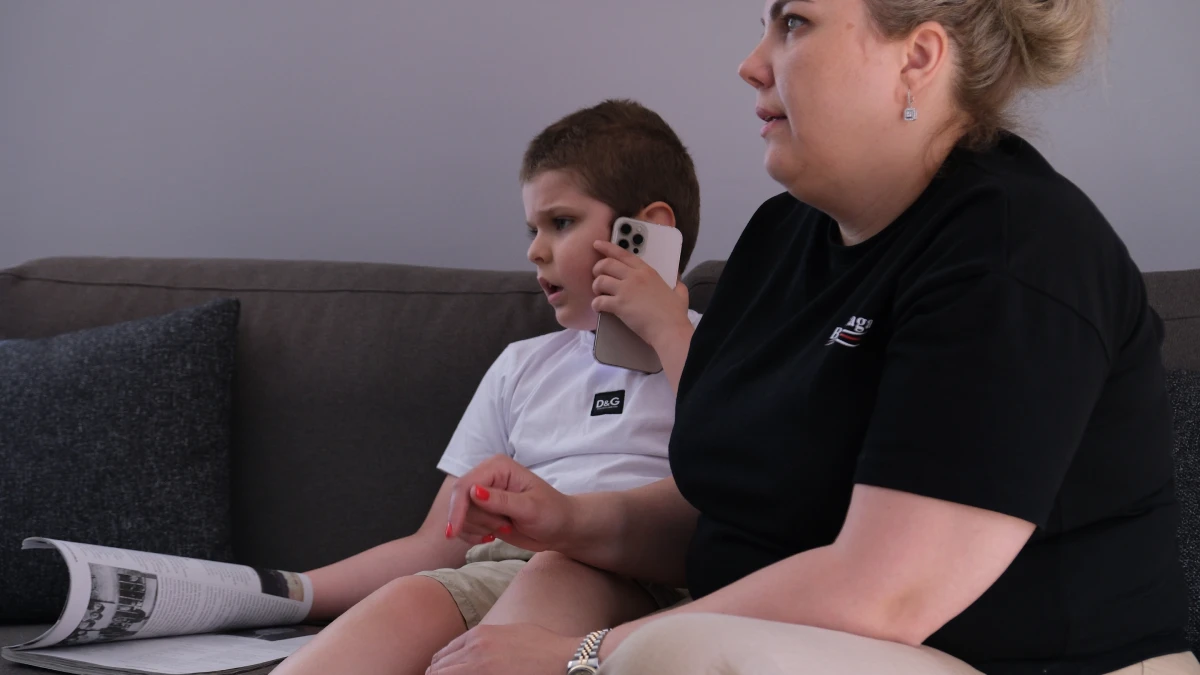Autism spectrum disorder (ASD) affects millions of children worldwide, and its increasing prevalence has drawn attention to the need for comprehensive global policies. Around the world, governments and organizations are recognizing the unique challenges faced by families of autistic children. Understanding these global policies and initiatives is essential for parents seeking better care and support for their children. In this blog, we will explore key global autism policies and how they impact the lives of families, providing both hope and useful guidance.
Table of Contents
1. Autism and Education Policies
In many countries, inclusive education is at the heart of autism policies. This means ensuring that autistic children have access to the same educational opportunities as their neurotypical peers, with the necessary accommodations in place. For example:
• Individualized Education Plans (IEPs) are common in the U.S. and many European countries, helping tailor education to each child’s needs.
• Sensory-friendly classrooms have been introduced in Australia and Canada to make learning environments more accessible.
• Specialized teacher training is emphasized in the UK, ensuring that educators understand how to best support autistic students.
2. Healthcare Policies Supporting Autism
Healthcare plays a vital role in addressing the needs of autistic children. Many countries are moving toward policies that ensure early diagnosis and intervention:
• Early screening programs are becoming mandatory in countries like Japan and South Korea, allowing for quicker diagnosis and access to therapy.
• Access to therapies, such as speech therapy, occupational therapy, and even stem cell therapy, is growing worldwide as research highlights their potential benefits.
• Government support programs in Nordic countries cover the cost of therapies, removing financial barriers for families.

3. Autism Awareness Campaigns
Raising awareness of autism is critical to building understanding and acceptance. Governments and international organizations are working on campaigns to shift public perception:
• Autism Acceptance Month in the U.S. and similar initiatives in the UK and Europe promote awareness through social media, events, and educational outreach.
• UN-backed initiatives aim to create global guidelines for autism awareness and reduce stigma, encouraging more countries to adopt autism-friendly policies.
4. Parental Support Programs
Supporting the parents and caregivers of autistic children is essential for their well-being. Global policies increasingly recognize the emotional and financial strain on families:
• Parent training programs, available in countries like the U.S. and Germany, teach parents how to handle challenging behaviors and improve communication.
• Respite care programs, which offer short-term relief for caregivers, are being adopted in nations like Sweden and France to reduce burnout.
Conclusion
Global policies surrounding autism are diverse, reflecting the unique needs of children and families across different nations. While challenges remain, the growing focus on autism-friendly education, healthcare, and public awareness is encouraging. For families of autistic children, understanding these policies can be a source of hope and empowerment. As more countries adopt inclusive and supportive policies, we move closer to a world where all autistic children can thrive.
